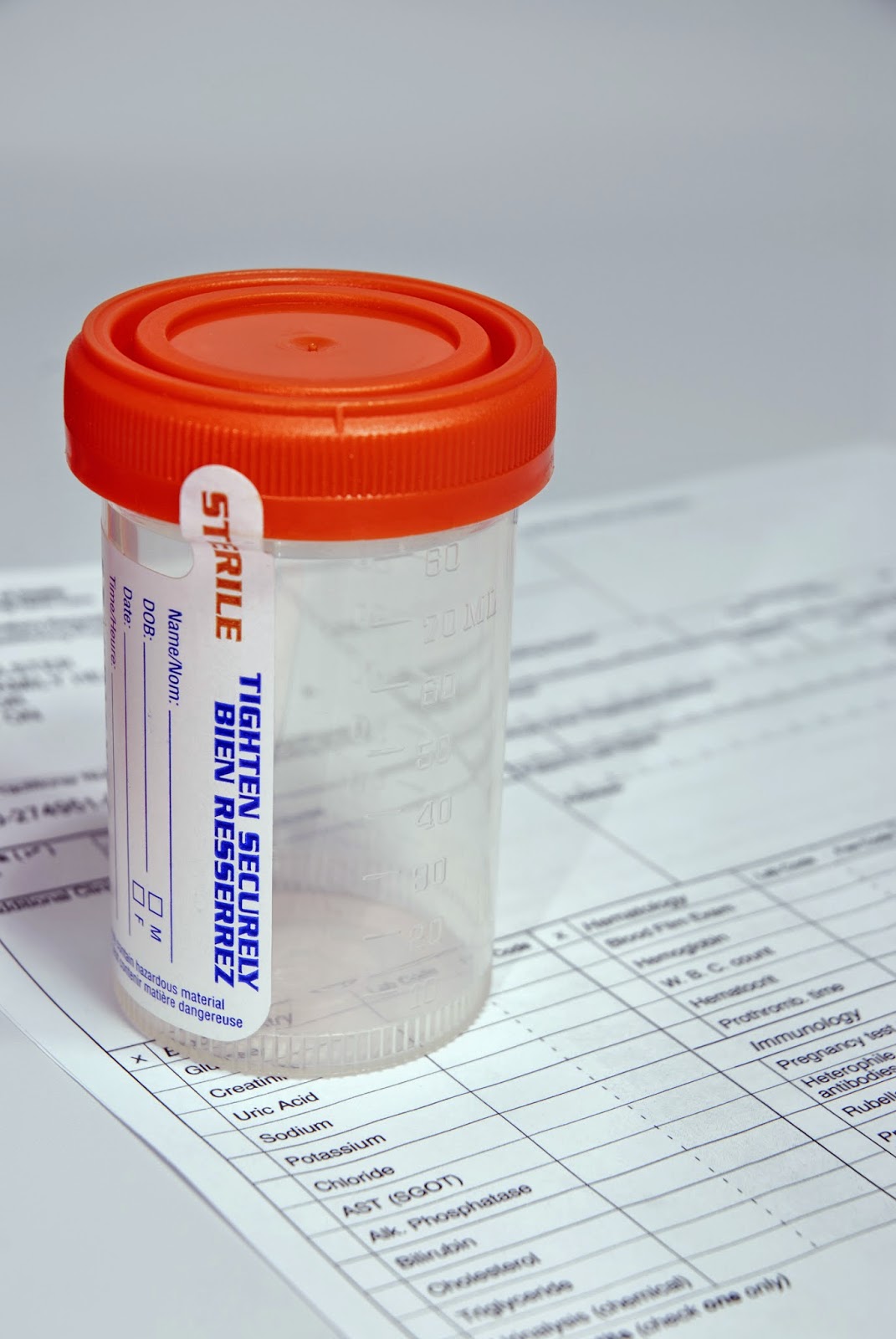Parental supply of alcohol and adolescent drinking
A great paper has just been published by Australian researchers that attempts to sort out whether there is an association between between parental supply of alcohol and risky drinking.
The authors tested two hypotheses - firstly, that minors whose parents supply them with alcohol per se have increased odds of risky drinking, and secondly, where supply occurs for drinking without parental supervision, the odds of risky drinking are greater again.
They found that 'risky drinking' was common within their sample and increased sharply by school year. Their first hypothesis was not supported, however students whose parents supplied them with alcohol for consumption without parental supervision had four times the odds of risky drinking.
What does this mean for parents? Is there a simple message here? To be honest the study has a whole pile of limitations but it does seem to suggest that the practice of giving your child a couple of drinks to take to a party is most probably not appropriate. One statement made by the authors is particularly important - "it is critical to note that supply for drinking under supervision did not have the protective effect that may have motivated the behaviour."
The authors tested two hypotheses - firstly, that minors whose parents supply them with alcohol per se have increased odds of risky drinking, and secondly, where supply occurs for drinking without parental supervision, the odds of risky drinking are greater again.
They found that 'risky drinking' was common within their sample and increased sharply by school year. Their first hypothesis was not supported, however students whose parents supplied them with alcohol for consumption without parental supervision had four times the odds of risky drinking.
What does this mean for parents? Is there a simple message here? To be honest the study has a whole pile of limitations but it does seem to suggest that the practice of giving your child a couple of drinks to take to a party is most probably not appropriate. One statement made by the authors is particularly important - "it is critical to note that supply for drinking under supervision did not have the protective effect that may have motivated the behaviour."



Comments
Post a Comment